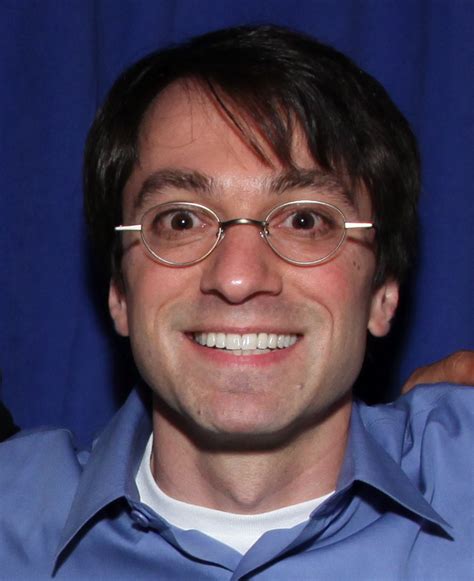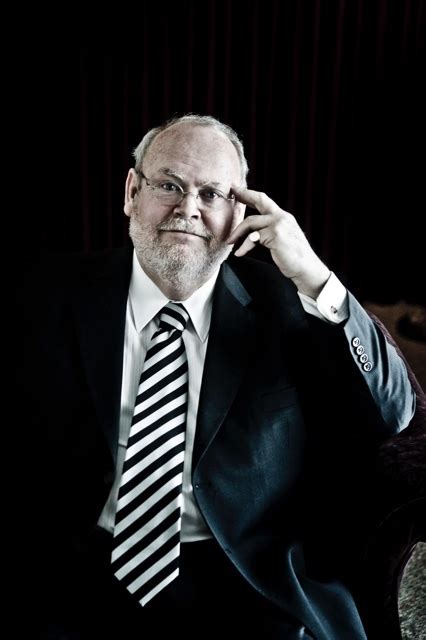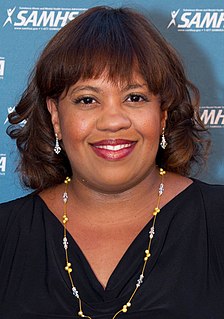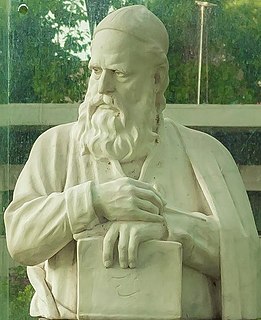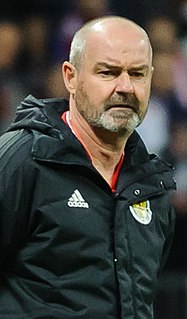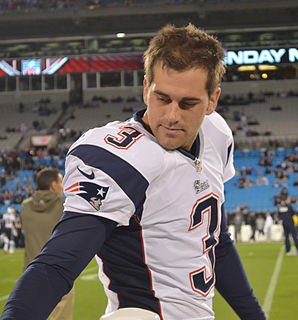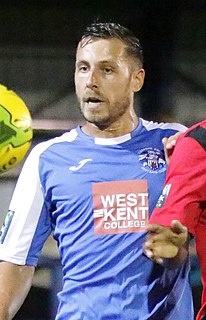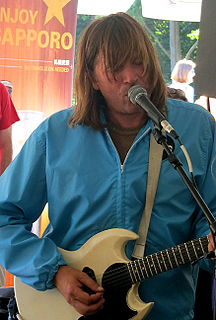A Quote by Eli Attie
Grief is Newark. It's there. Can't avoid it. The idea is to hold your nose, hope the traffic's not too bad and get on to Manhattan as quickly as possible.
Related Quotes
Always be on time. Never try to make any personal engagements. Do as little talking as humanly possible. Never be disturbed by anything. Always do what you're told to do as quickly as possible. Remember to lean back in a parade, so that people can see your husband. Don't get too fat to ride three on a seat. Get out of the way as quickly as you're not needed.
All those years I fell for the great palace lie that grief should be gotten over as quickly as possible and as privately. But, what I've discovered is that the lifelong fear of grief keeps us in a barren, isolated place, and that only grieving can heal grief. The passage of time will lessen the acuteness, but time alone, without the direct experience of grief, will not heal it.
Grief is real because loss is real. Each grief has its own imprint, as distinctive and as unique as the person we lost. The pain of loss is so intense, so heartbreaking, because in loving we deeply connect with another human being, and grief is the reflection of the connection that has been lost. We think we want to avoid the grief, but really it is the pain of the loss we want to avoid. Grief is the healing process that ultimately brings us comfort in our pain.
The beauty of having nothing to lose, is you learn the beauty of having everything to gain.
This is where hope lives.
Hope can’t be taken.
Hope can’t be lost.
Hope can’t be broken.
When we are boiled down to what we are as people. We are not love, because we hope to love, we are not money or who we hold, because we hope to have and to hold. We are not religion or God, because we enter into belief in the hope we get something back for ourselves. We are not a soul.
We are hope.
[Buckminster] Fuller's idea of progress is a very 1950s organization man out of the military sort of idea of progress. So as a result, you have something like: we've got bad weather in New York City; let's put a dome over it. And so I don't want to put a dome over Manhattan and I hope that nobody who ends up reading the book wants to do so as a result.
